On 17 September 2025, Saudi Arabia and Pakistan signed the Strategic Mutual Defence Agreement, declaring that “any aggression against either country shall be considered an aggression against both”. The timing was striking. Barely a week earlier, Israel had launched a missile strike in Doha against Hamas leaders, an unprecedented act on the soil of a US ally hosting the largest American base in the region. The strike jolted Gulf leaders into questioning what had long been taken for granted: that US bases and patronage equalled deterrence. The Riyadh-Islamabad pact was the clearest signal yet that Gulf states are hedging against the erosion of American security guarantees.
This is not the first time states have sought secondary alliances when faith in a primary patron waned. In the 1960s, for example, France under Charles de Gaulle, dissatisfied with U.S. dominance in NATO, pursued an independent nuclear deterrent and cultivated ties with Moscow. Similarly, in the Cold War, smaller states like Finland and Yugoslavia managed their vulnerability through balancing relationships with both blocs. Saudi Arabia today is operating in this tradition of hedging behaviour.
While the timing is new, the Saudi-Pakistan relationship has deep historical roots. In the 1970s, Zulfiqar Ali Bhutto approached King Faisal to solicit support for Pakistan’s nascent nuclear programme, at a time when India had already tested a device (1974). The relationship acquired substance in the 1980s, when Pakistani troops were stationed on Saudi soil during the Iran-Iraq war, and Islamabad’s Inter-Services Intelligence acted as a conduit for Saudi and American money to fund the Afghan mujahideen. In the 1990s, when Pakistan faced crushing sanctions after its nuclear tests, Riyadh quietly shipped 50,000 barrels of oil per day free of charge, ensuring Pakistan’s survival.
This history shows what Robert Jervis, in Perception and Misperception in International Politics (1976), called the “security dilemma of reassurance”: Saudi support for Pakistan was never formally tied to nuclear sharing, but it created expectations of reciprocity. Every decade has witnessed speculation about a “Saudi bomb in waiting”, though none has materialised.
Impact Shorts
More ShortsFrom the standpoint of IR theory, the pact illustrates several dynamics. Stephen Walt’s balance-of-threat theory (The Origins of Alliances, 1987) explains why Riyadh would seek closer defence ties after perceiving both Iran’s assertiveness and Israel’s impunity as threats, compounded by doubts about US resolve. Glenn Snyder’s alliance politics framework reminds us that alliances are fraught with the twin risks of entrapment and abandonment. For Saudi Arabia, entrapment risk lies in being dragged into South Asia’s conflicts; for Pakistan, abandonment risk lies in Riyadh pivoting too far toward New Delhi.
More broadly, the pact reflects the shift from a unipolar security order anchored in Washington to what Amitav Acharya terms a “multiplex world”, where power is diffuse, alignments are plural, and smaller states pursue overlapping, non-exclusive partnerships.
Much of the commentary has centred on whether Riyadh has gained access to a Pakistani nuclear umbrella. History suggests caution. When the US extended its nuclear umbrella to Europe during the Cold War, it required visible deployments, forward-based warheads, joint planning, and explicit doctrines. None of this is present in the Saudi-Pakistani case. Pakistan’s nuclear doctrine remains resolutely India-centric. The credibility of deterrence lies not in capability alone, but in the willingness to act. There is no evidence Islamabad has altered its willingness to extend deterrence westward.
Instead, what the pact provides is deterrence by association: by aligning with a nuclear power, Saudi Arabia enhances the perception of resilience. This is closer to what TV Paul describes as the political utility of nuclear weapons, their symbolic rather than operational role.
The implications for India can be grouped into five analytical dimensions. First, perception and status. The pact demonstrates that Pakistan still retains relevance in West Asia. India should acknowledge this symbolic gain, but also remember that symbolism does not alter Pakistan’s structural economic fragility.
Second, the nuclear dimension. Despite speculation, there is no doctrinal evidence of a Saudi nuclear umbrella. The Indo-Pak strategic balance remains intact, confined to the subcontinent. For New Delhi, this is a reminder that nuclear deterrence remains bilateral, not regionalised.
Third, Saudi balancing. Riyadh has deepened its ties with India—Prime Minister Modi’s three visits in a decade, billions in energy trade, and growing defence cooperation. As Walter Russell Mead has said several times, states pursue multiple “traditions” of foreign policy simultaneously. Riyadh’s outreach to Islamabad does not come at India’s expense; it is part of a portfolio strategy.
Fourth, limited material change. Pakistani troops have long been stationed in Saudi Arabia, numbering around 1,500-2,000 today. The pact formalises an arrangement that has existed for decades. For India, the practical effect on the balance of power is negligible.
Fifth, India’s own strategy. India must continue strengthening its own partnerships, with Riyadh, Abu Dhabi, and Washington, rather than overreacting. Multi-alignment, not zero-sum competition, is the grammar of today’s order.
The Saudi-Pakistan pact is best read as a shield of perception rather than a sword of war. It reassures Riyadh after the shock of Doha, grants Islamabad a symbolic diplomatic win, and signals to Washington that Gulf monarchies will no longer rely on a single patron. Yet it does not alter the nuclear balance in South Asia, nor does it undermine India-Saudi ties.
In international politics, as history repeatedly shows, from the Baghdad Pact of the 1950s to the U.S.-Japan alliance of the Cold War, formal defence treaties often serve more as instruments of reassurance and signalling than as automatic war guarantees. The Riyadh-Islamabad agreement is no different. For India, the prudent response is calm engagement, deepen ties with Saudi Arabia, recognise the symbolic nature of the pact, and continue to anchor its West Asia policy in the logic of diversification and resilience.
The author (X: @adityasinha004) writes on macroeconomic and geopolitical issues. Views expressed in the above piece are personal and solely those of the author. They do not necessarily reflect Firstpost’s views.


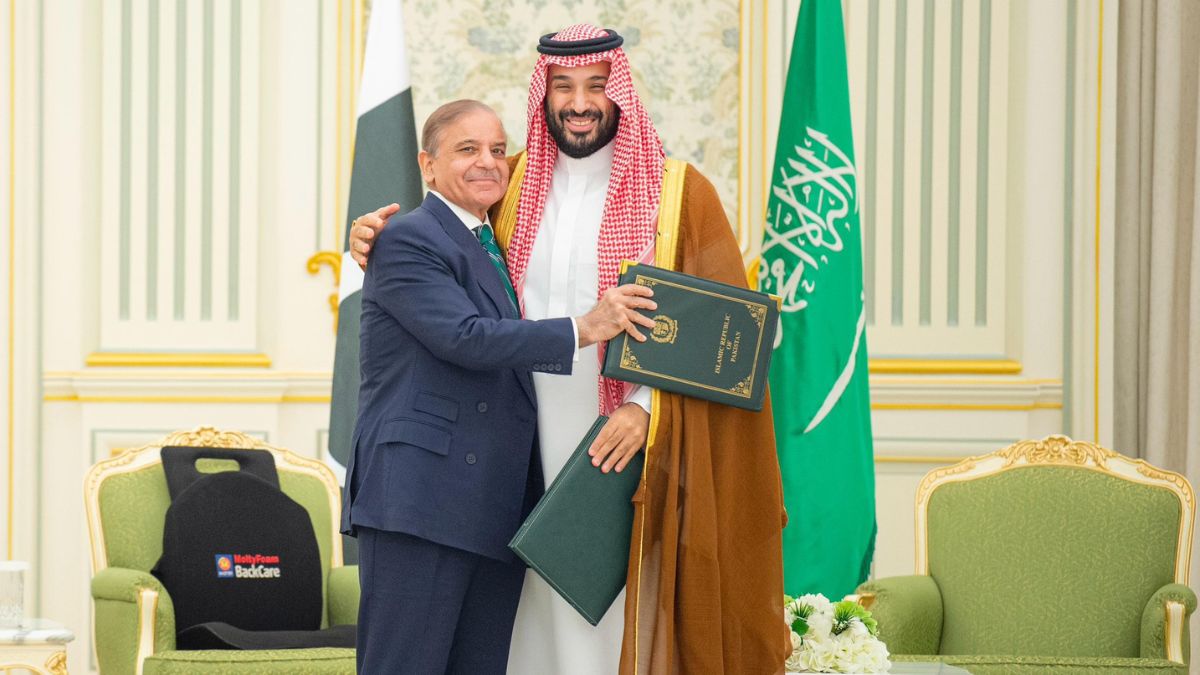)

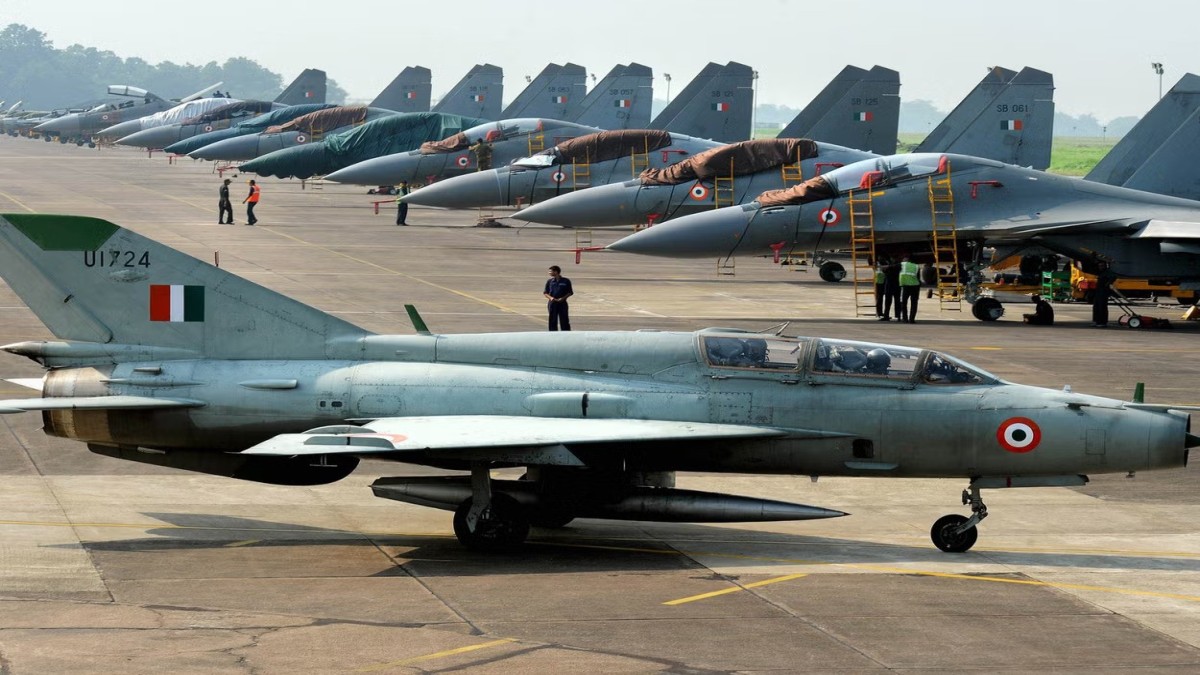)
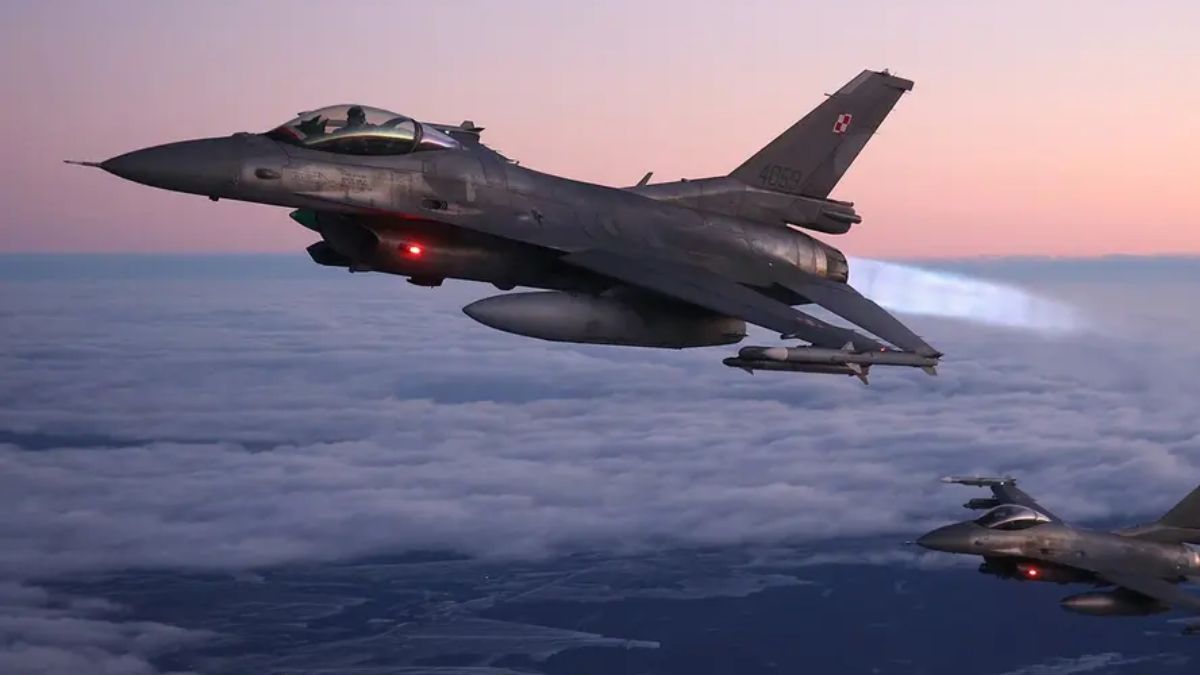)
)
)
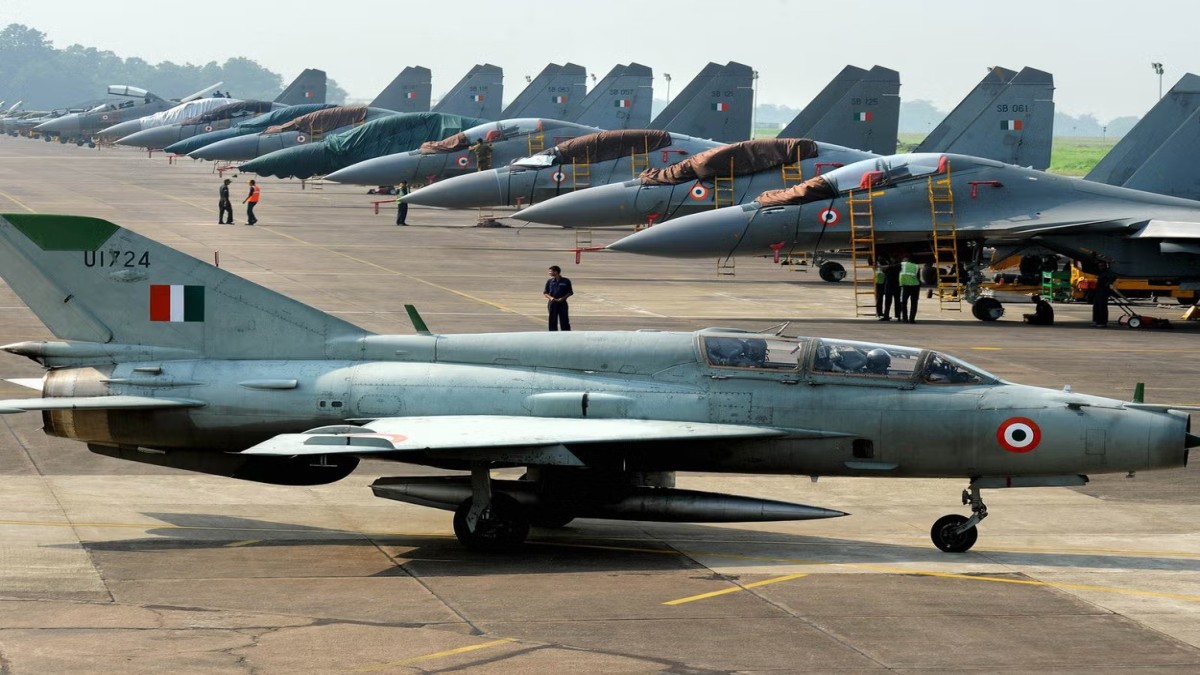)
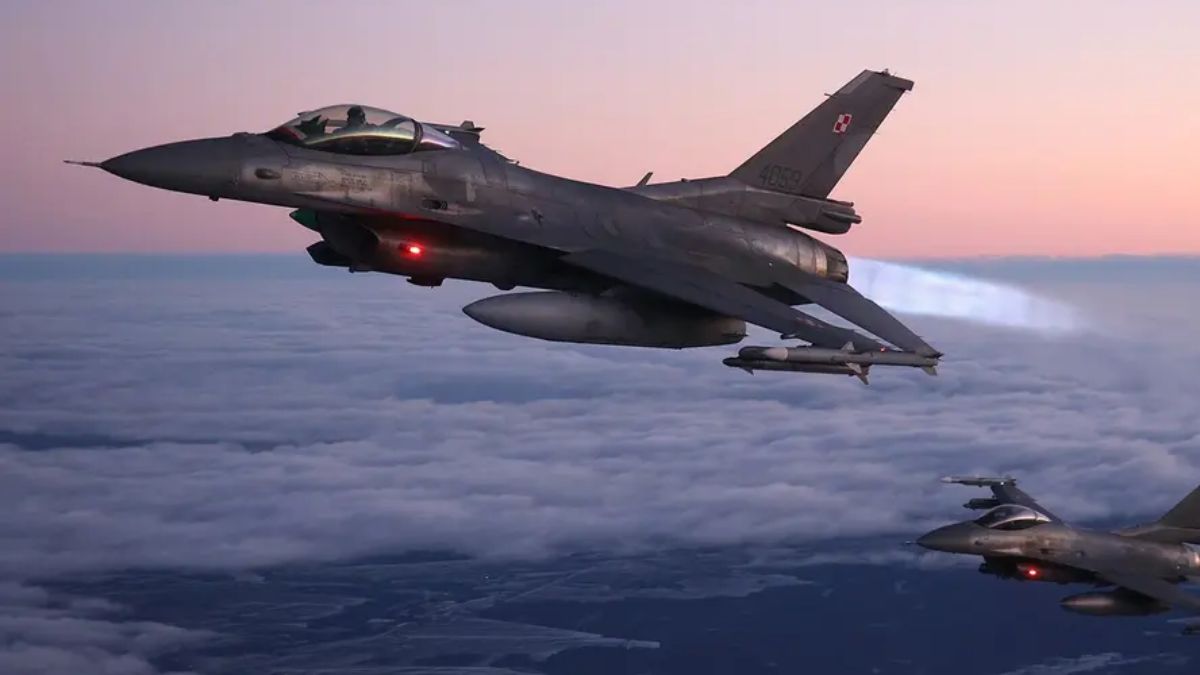)
)
)



